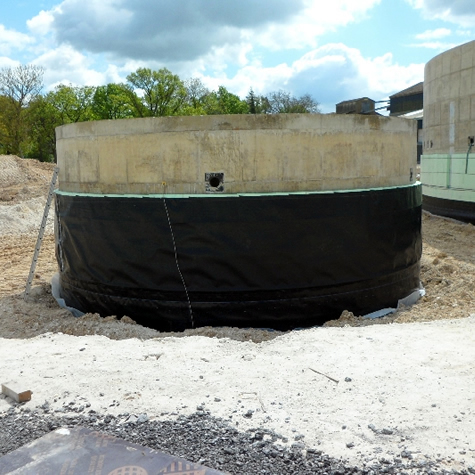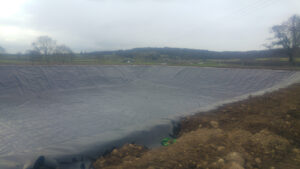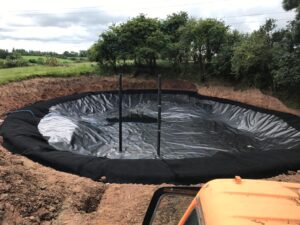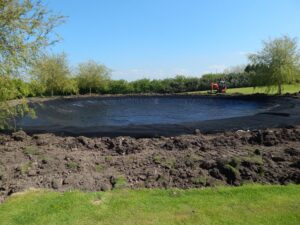Chemical spills pose significant risks to the environment, human health, and infrastructure. Implementing effective containment measures is crucial in preventing the spread of hazardous substances. Lining systems play a pivotal role in containing and managing chemical spills, offering solutions that mitigate the impacts of such incidents.
Understanding Chemical Spill Containment
Chemical spills can occur in various settings, including industrial facilities, transportation routes, and storage areas. These spills can release harmful substances into the environment, endangering ecosystems, water sources, and public health. Implementing robust containment measures is vital to minimise the extent of damage and prevent further contamination.
Role of Lining Systems in Containment
Lining systems serve as barriers designed to contain and prevent the spread of chemicals in the event of a spill. They act as impermeable layers, preventing the penetration of hazardous substances into soil, groundwater, or nearby water bodies. These systems are essential in creating a containment area that confines the spill, facilitating clean-up and minimising environmental impact.
Types of Lining Solutions
Geomembrane Liners: Geomembranes, made of materials like HDPE, PVC, or EPDM, are commonly used for chemical spill containment. Their impermeable nature and chemical resistance make them effective barriers, preventing the migration of hazardous substances.
Secondary Containment Systems: These systems are installed as a backup layer to contain spills in case primary containment fails. They provide an additional layer of protection, ensuring containment even in the event of a breach in the primary system.
Composite Liners: Composite liners combine multiple materials to create a multi-layered system, enhancing containment capabilities. These systems typically incorporate geomembranes, geotextiles, and other components to provide robust protection against chemical spills.
Benefits of Lining Solutions for Chemical Spills
Rapid Containment: Lining systems enable quick containment of chemical spills, preventing their spread and minimising the affected area.
Environmental Protection: By confining hazardous substances, these systems protect soil, water sources, and ecosystems from contamination.
Compliance with Regulations: Implementing effective lining solutions ensures compliance with environmental regulations, avoiding legal liabilities and penalties.
Reduced Clean-up Costs: Proper containment reduces the extent of clean-up required, saving time, resources, and associated costs.
Conclusion
Lining solutions for chemical spill containment are crucial in safeguarding the environment, public health, and infrastructure. Their ability to swiftly contain spills, prevent further contamination, and comply with regulations underscores their significance in industries dealing with hazardous materials. As industries prioritise safety and environmental commitment, investing in robust lining systems remains a critical step in preventing and managing the impact of chemical spills on our surroundings.
To find out more about our products and services and how we can help you, please contact us using the below –
Tel: 01695 228626
Email: enquiries@enviroseal.co.uk





